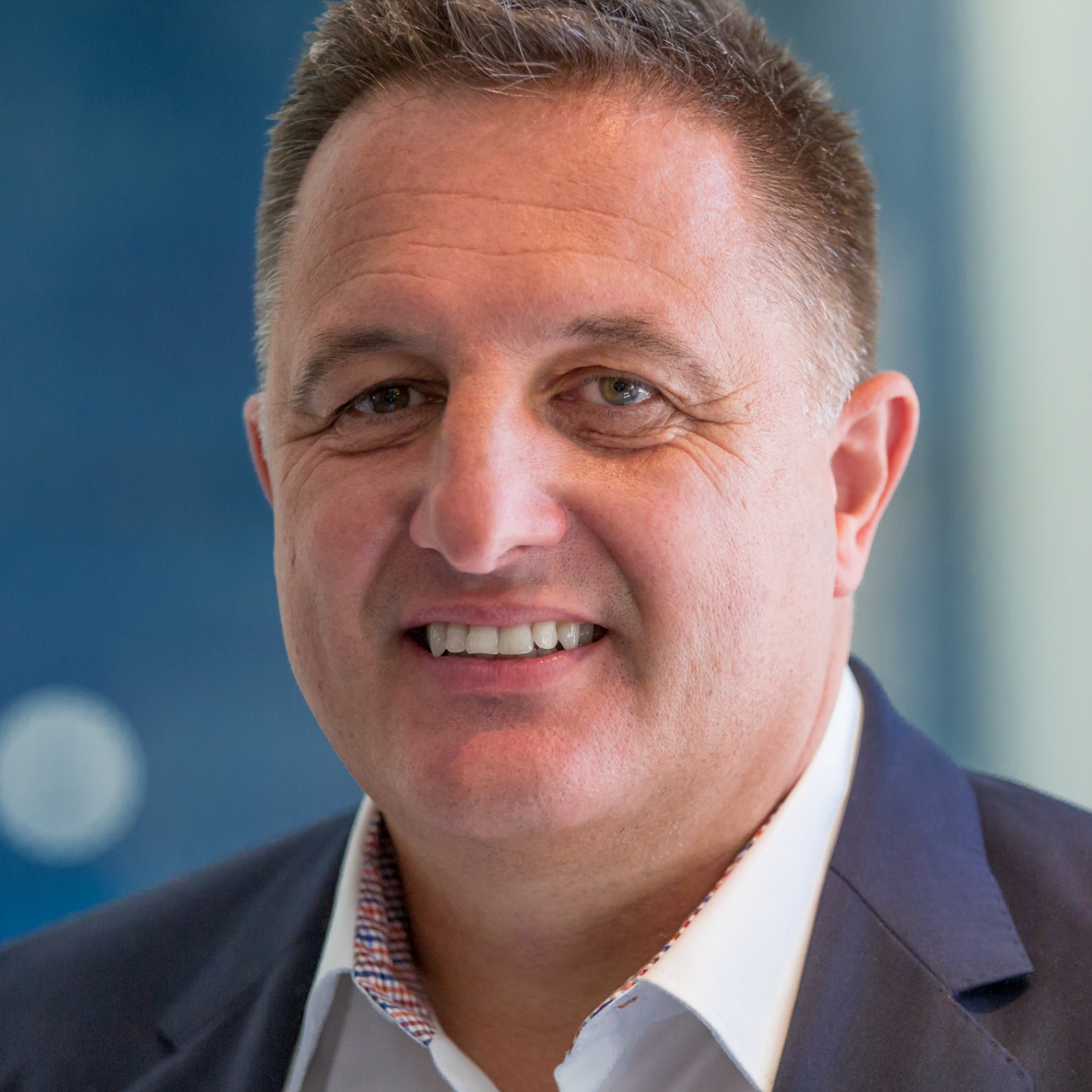AI and the future of medical care
Symposium of the Society for Law and Politics in Healthcare in February 2019
An event sponsored by the PTA Group, KENDAXA and Mbits
Is artificial intelligence revolutionizing our healthcare system? This question was the focus of this year’s symposium of the Society for Law and Politics in Healthcare (GRPG).
Although AI in healthcare is still a young field of research, there is already a wide variety of applications with enormous potential in terms of patient care. Once the ethical and legal issues have been clarified, there are few objections to their controlled use as a supportive instrument. The biggest challenge, however, is to assess and ensure the quality of the data basis and the transparency of automated decision-making.
The high-caliber presentations were met with a lively audience. In the dinner speech the evening before, Prof. Dr. Jonas Schreyögg captivated the audience with his remarks on the immense challenges that healthcare policy will have to face in the coming years. Demographic ageing combined with the (likely increasing) shortage of specialists will further exacerbate the already difficult care situation for patients in many places. At the same time, the healthcare system in Germany is in an above-average position by international standards; no other system offers patients comparably easy access to medical care. One problem, however, is the relatively long hospital stay after an operation, which means that the demand for specialist staff can hardly be met. There is also a need for optimization outside the clinic, particularly in terms of cooperation between the various medical service providers. In order to improve the precarious medical care situation in rural areas, Schreyögg presented the idea of the “village nurse”. Equipped with extended competencies compared to the current situation, this could ensure primary care for patients in close proximity to their place of residence.
On the day of the symposium itself, the applications of artificial intelligence in the healthcare sector were then examined in detail. Reinhard Karger from DFKI made it clear that all current applications of artificial intelligence are so-called “weak AI”, i.e. systems that support processes and methods and are particularly convincing in pattern recognition based on large amounts of data. “Strong AI” – that would be systems that “understand” correlations or develop approaches to “consciousness” – are still science fiction. According to Karger, AI can only ever support people constructively, but not replace them creatively.
But we are also still at the beginning when it comes to the applications of weak AI. There is no doubt that they have great potential in terms of physical or cognitive assistance functions. This includes diagnostic support for doctors, streamlining processes in companies, relieving the burden of monotonous work routines and much more. However, AI has one crucial weakness: humans can solve complicated problems by evaluating large amounts of data, but they are extremely successful at reducing complexity in advance – by using their common sense. Naturally, an AI is not capable of doing this.
However, artificial intelligence is already being used successfully in many areas of healthcare, as Prof. Dr. Arno Elmer explained very clearly. In addition to well-known applications such as chess-playing robots and self-driving cars, exciting applications are already in routine operation in the healthcare sector. For example, doctors are supported by recommendations for action in cancer therapies and in the evaluation of image data. However, despite all the opportunities for the use of AI in medicine, it is extremely important to have good control over the parameters that serve as the basis for the systems’ suggestions: The right data must be available in sufficient quantity and quality, otherwise fatal errors can occur. However, the potential of AI for medicine is so great that it is definitely worth taking on this challenge.
In principle, health insurance companies also value AI to support doctors and patients, especially when it comes to speeding up business and decision-making processes, reported Martin Litsch from the AOK Bundesverband. However, there are still a lot of open legal questions in connection with the transparency and traceability of AI-based decisions that need to be examined by experts. Ultimately, Litsch also believes that an ethical debate is essential. Data protection issues must be taken into account as well as the interests of patients. For example, it should be discussed how the right not to know one’s own health risks can be guaranteed.
Procedures for the ethical evaluation of the use of AI in medicine have in fact been under development since the 1990s, when the first medical expert systems were used. Progress in the field of self-learning AI systems is injecting new dynamism into the discussion. Georg Marckmann from LMU Munich presented a procedure for the systematic ethical evaluation of AI applications that could be useful in this context. It is important to note that each AI application must be assessed individually. An ethical recommendation can only be made if the actual need for decision support is proven and the algorithms and their data basis are sufficiently transparent.
Finally, representatives from industry also had their say: Anna Bauer-Mehren from Roche reported on promising applications of AI in personalized medicine. In clinical studies, AI makes it possible to include real patient data in the reference groups. This will make studies safer thanks to the improved data basis and speed up approval procedures. Here too, the quality of the data is crucial; it must be easily available, interoperable and reusable.
Mr. Michael Meyer reported on a unique initiative of Siemens Healthineers: With the help of an interoperability platform, measurement data from over 4,000 institutions worldwide are already being brought together. The aim is to optimize services such as the maintenance of highly sensitive devices and to make measurement data available to a larger community, which in turn will better support doctors in their diagnoses – these will be safer and can be better tailored to the individual patient. Siemens is also investing a lot of energy in the development of “digital twins” of patients, which could be used to customize treatments and test them before use.
The Society for Law and Politics in Health Care sees itself as a neutral platform for the scientific discussion of controversial health policy issues. For 25 years, it has been committed to the representation of health law issues in politics and contributes to opinion-forming in the healthcare sector by bringing together experts from different disciplines.





